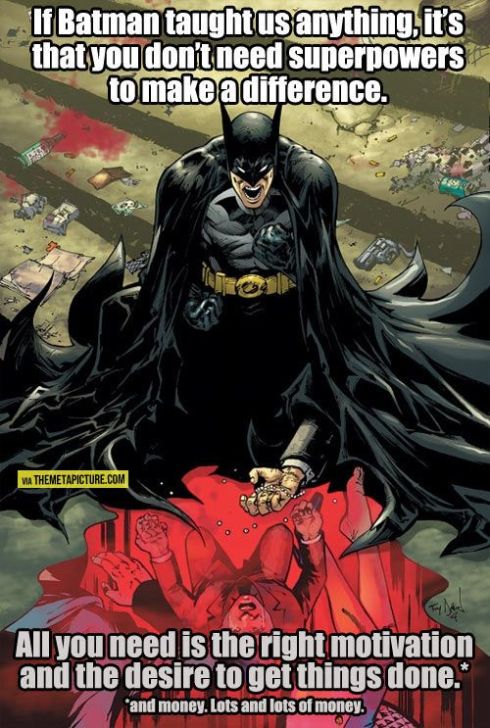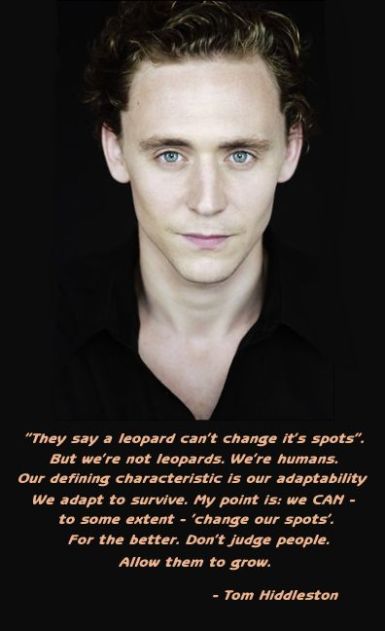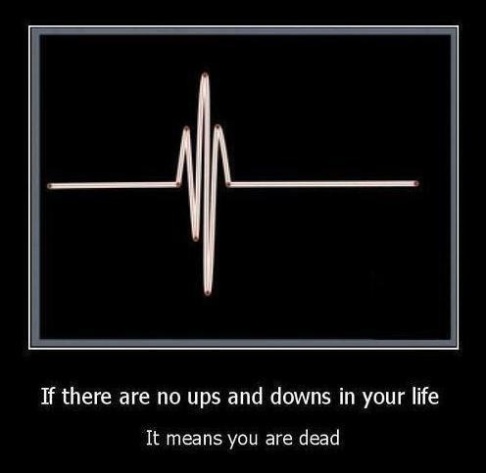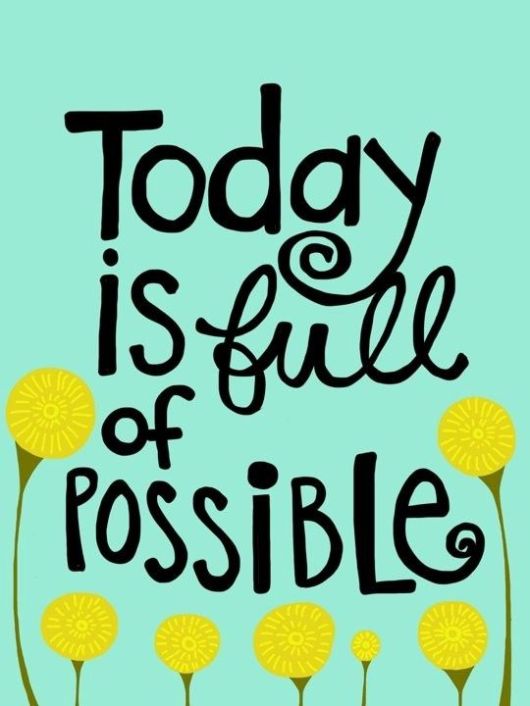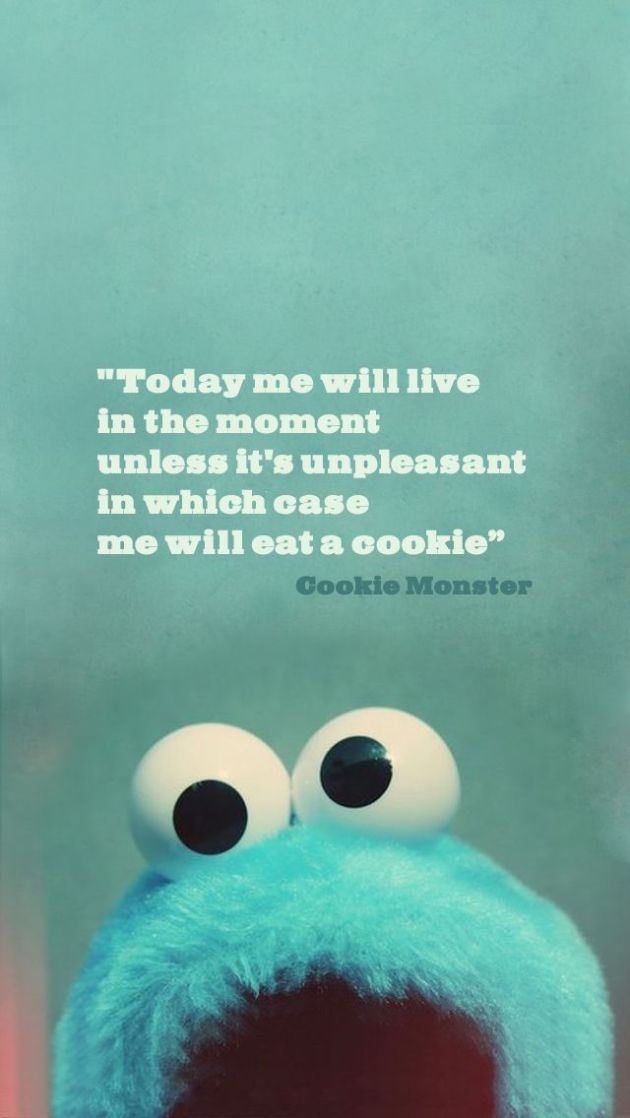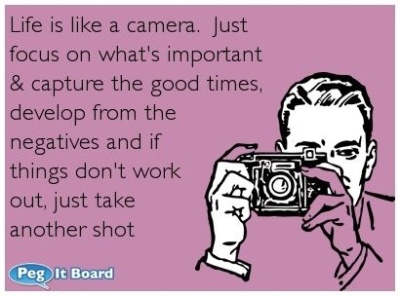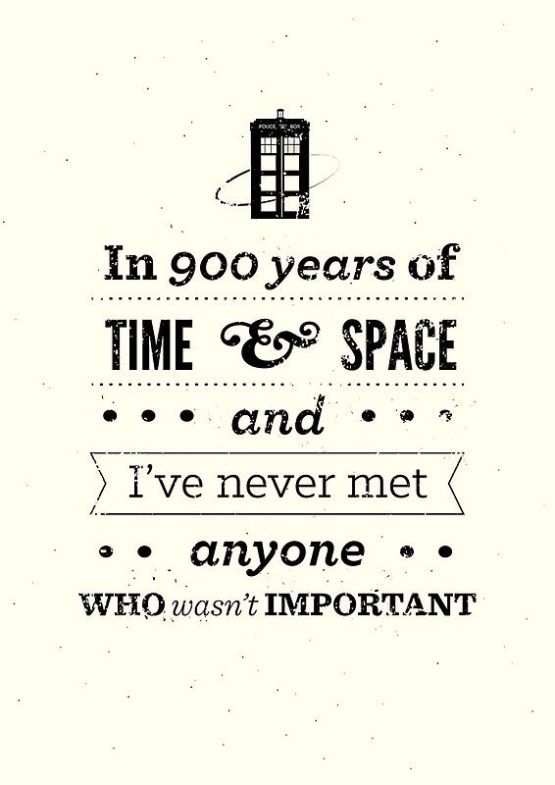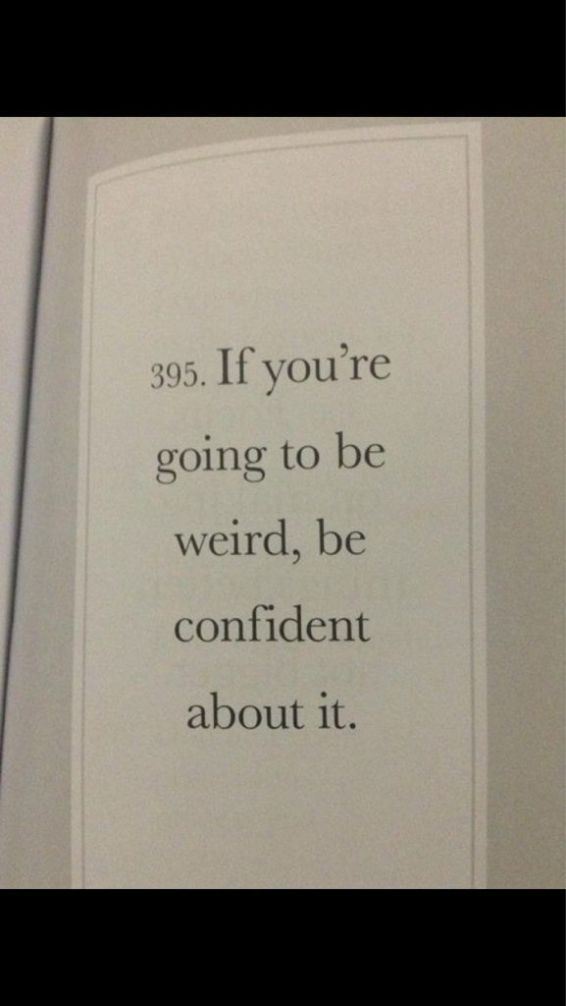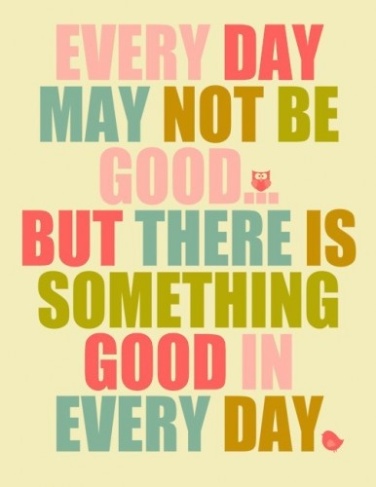Now don’t get me wrong, I love heroes. As I wrote in my previous blog post, Batman is and always will be my favorite heroic character, with Iron Man right behind. But Batman aside the reason that initially I categorized myself as a DC instead of a Marvel girl was that I grew up watching Batman’s fascinating rogues gallery. Rather than just being evil maniacs who are only after money, many of Batman’s villains became how they were because of psychological or physical trauma. Both Catwoman and Poison Ivy both had horrible interactions with men, so now they trust only themselves and the creatures that got them through (cats and plants respectively). Poison Ivy is also very refreshingly a feminist since she is always trying to get Harley Quinn away from the Joker since he is abusive towards her; even though Poison Ivy seems cold she really does have a soft spot for Harley. Two Face personifies the duality of human nature; a politician who wanted to do good with a half that will do whatever is necessary to get ahead. And I have always had a soft spot for Mr. Freeze, who made the ultimate sacrifice for the woman he loves and the very fact that he continues to steal in order to finance his experiments to cure her contradicts his assertion that his heart has become cold as ice. I always found it wonderful that Batman truly seemed to care about his villains getting the help they needed so they could lead better lives and I suppose that feeling transferred to me. They had all done horrible things, but oftentimes they showed their human sides and to me that made it easy to emphasize with them and hope they could get better.
Given the plethora of Marvel movies that have come out in recent years, it has been the humanity of the villains that have intrigued me more so than the heroes. The first Marvel movies that I saw that I really liked (sorry Spiderman) was the X-Men series. Of course I sympathize with Professor X and his goal of bringing humans and X-Men together in harmony, but I have to admit that Magneto and Mystique are my favorites. At first, as you see in X-Men: First Class, Magneto works with Professor X to try and help humanity during the Cold War. But his experiences during World War II as a Jew who suffered in a prison camp continue to influence his thinking about humanity; that those who are different will always be feared and abused by the majority. Looking at the news these days, it is not hard to sympathize with this line of thinking and though his violence only seeks to prove those that hate mutants right it is easier to understand his motivations since at the end of the day it can be assumed that he wishes such actions were not necessary. The fact that he is played by the amazing actors Sir Ian McKellen and Michael Fassbender only serves to strengthen my love for this character because they play him with such humanness and oftentimes raw emotion that it makes it hard not to like him.
The acting talent of Tom Hiddleston is definitely behind the compassion I feel for my favorite Marvel villain, Loki. Loki is the main antagonist towards his brother Thor, and that kind of storyline – brother jealous of another brother- has been done multiple times; there is a reason that there are many crossover memes between Thor and the Lion King, with Thor as Mufasa and Loki as Scar. But in the films Loki has become the fan favorite because many people can relate to his need to feel important and worthy of adoration (although the majority would not kill 80 people in 2 days even if they are adopted). Having an awful father in the form of Odin and losing the only person that tried to help you and loved you (his mother Frigga) sold be enough to drive anyone to be ruthless and cruel even though underneath they are begging to be saved. There is a wonderful scene that was cut from the first Thor where Loki basically confesses his jealousy to Thor but Thor doesn’t even acknowledge that maybe his brother needs to be told he is important too; and when the person you look up to doesn’t take the time to come down off his pedestal to sympathize all bets are off. I have not read the Thor comics, so I am not sure how Loki is portrayed in them but seeing how Mr. Hiddleston plays him on screen has truly been inspiring. I do not condone Loki’s actions but seeing all of the warring emotions on his face and the suffering that he carries with him makes me want to save him in a way. The majority of bullies are often victims themselves, and I would like to beleive that Loki is not beyond saving. So in this case I will be rooting for the villain to rise above his villainy because his complexity make him beautiful and beautiful things deserve to be put back together.



